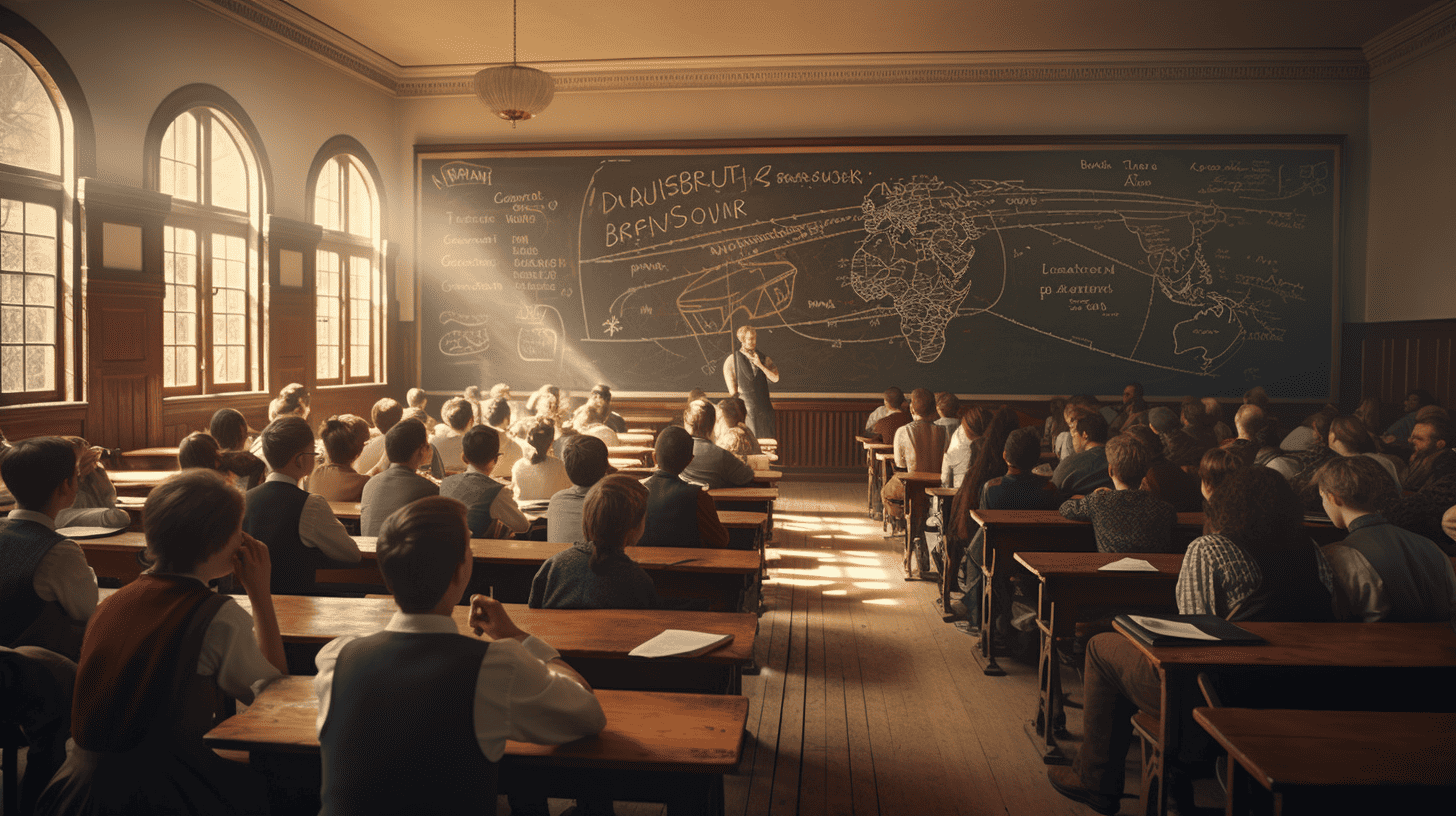
“Buckle up! A massive transformation is on the way!” That is Frank Kuijpers’ main message during the Brightlands Science Lecture on sustainable and circular chemistry. He has been working for SABIC – one of the partners of the Brightlands Chemelot Campus – for over twenty years and has extensive experience in the fields of engineering, manifacturing, business, research and sustainability. The petrochemical company has a strong focus on sustainability nowadays. According to Kuijpers, going off the beaten track is the only way to make the world more sustainable. “We are on the eve of a ‘reset’ of the world. We cannot go on living like this; raw materials are running out,” he states. The chemical sector produces various substances that serve as the basis for different products in applications that we use dozens of times each day.
Cooperation
The chemical sector is facing two major problems: Climate change and the growing mountain of plastic waste. Which is why SABIC is working on the electrification of one of its main production facilities and on a circular system for plastic. “When consumers throw plastic rubbish on the street, lots of companies say they can’t do anything about that. That’s not what we want to do. We want to come up with solutions for this,” says Kuijpers. “But we can’t do it alone. For that,” he says, “we need good cooperation with other companies in the sector, the value chain, other sectors and the government.”
“It is very easy for the government to just tell companies to reduce their CO2 emissions. The government should then also ensure that the rules for companies are adjusted in such a way that it is also possible to make these changes,” he states. Kuijpers envisions a global cooperation. “The problem is bigger than one sector or one country, we have to solve it together.”
Read more about Brightlands here.
Creating the future
Which is what his Brightlands Science Lecture is all about. “The transformation of the chemical sector and the rest of the world is on its way. We have to become more sustainable in order to preserve the world for the next generations,” says Kuijpers. “There are still people who are denying that fact. Utterly pointless. You have to make sure that you are part of the transformation, that you can help create the future.”
Science can also make a contribution, for instance. by developing new technologies. In addition, entrepreneurship is needed to really put these new technologies into practice. “That means having the courage to take risks”, says Kuijpers. He takes Elon Musk as an example. “Fifteen years ago, the major car brands thought that electrification of their vehicle fleets was still impossible. Elon Musk just did it. That turned the world upside down and now electric mobility is becoming more and more normal. The first manufacturers are already saying that in a few years’ time, they won’t be making cars with combustion engines anymore.”
Kuijpers envisions a circular economy and society in about thirty years’ time. “Instead of drilling for new raw materials, we will be reusing them. That way, we can do everything we are doing now, just in a different way.”
Brightlands Science Lectures
Brightlands Chamelot Campus in the Dutch city of Geleen is a breeding ground for sustainable chemistry and circular materials. There is a vibrant community of scientists from both industry and academia. On the campus, various innovations are being developed that contribute to a sustainable future. Here, science focuses on social impact. Events and network meetings are organised to bring scientists, entrepreneurs and students into contact with each other and to further strengthen the community. The Brightlands Science Lectures are an important part of this.
You can register for the lectures via this link.








